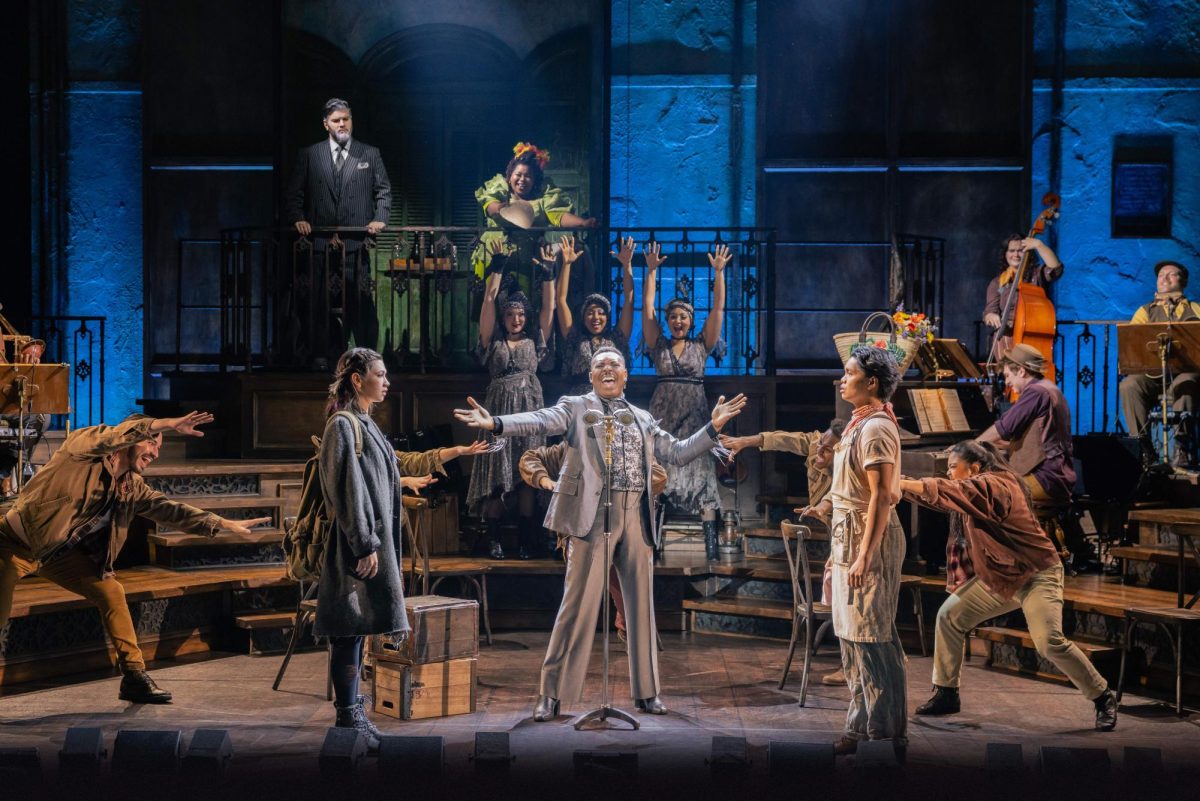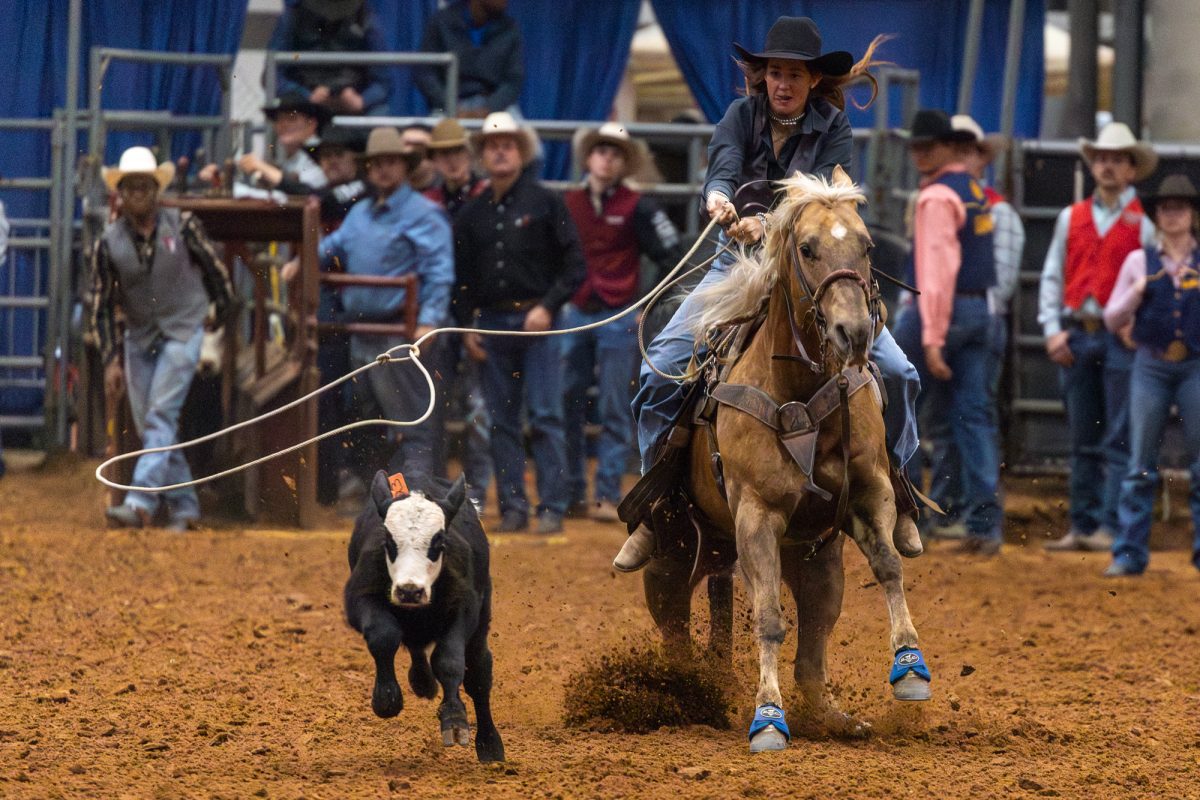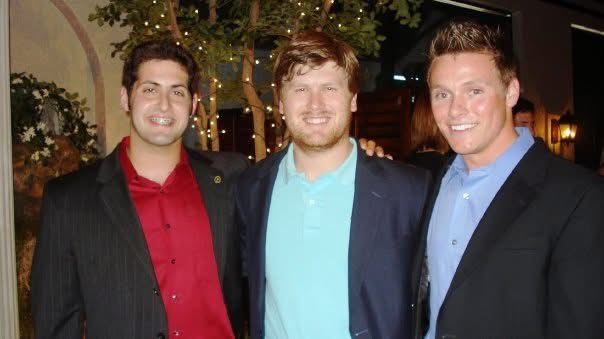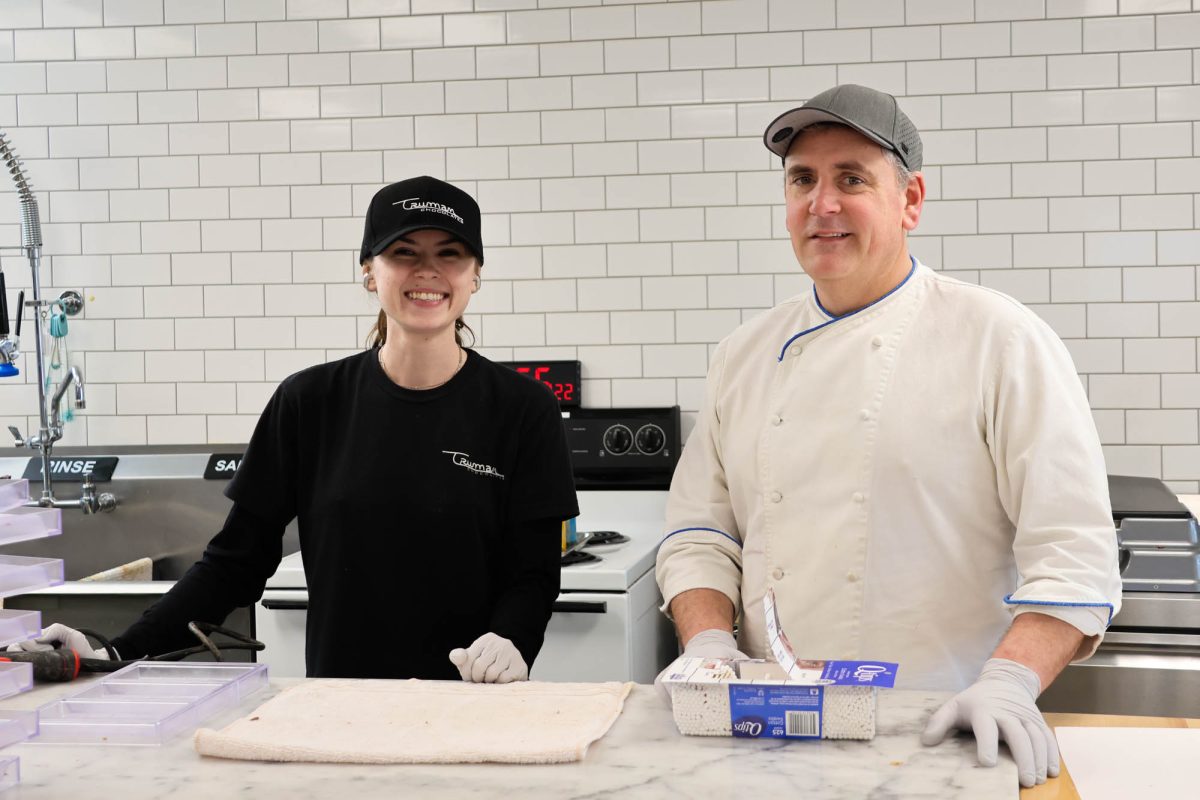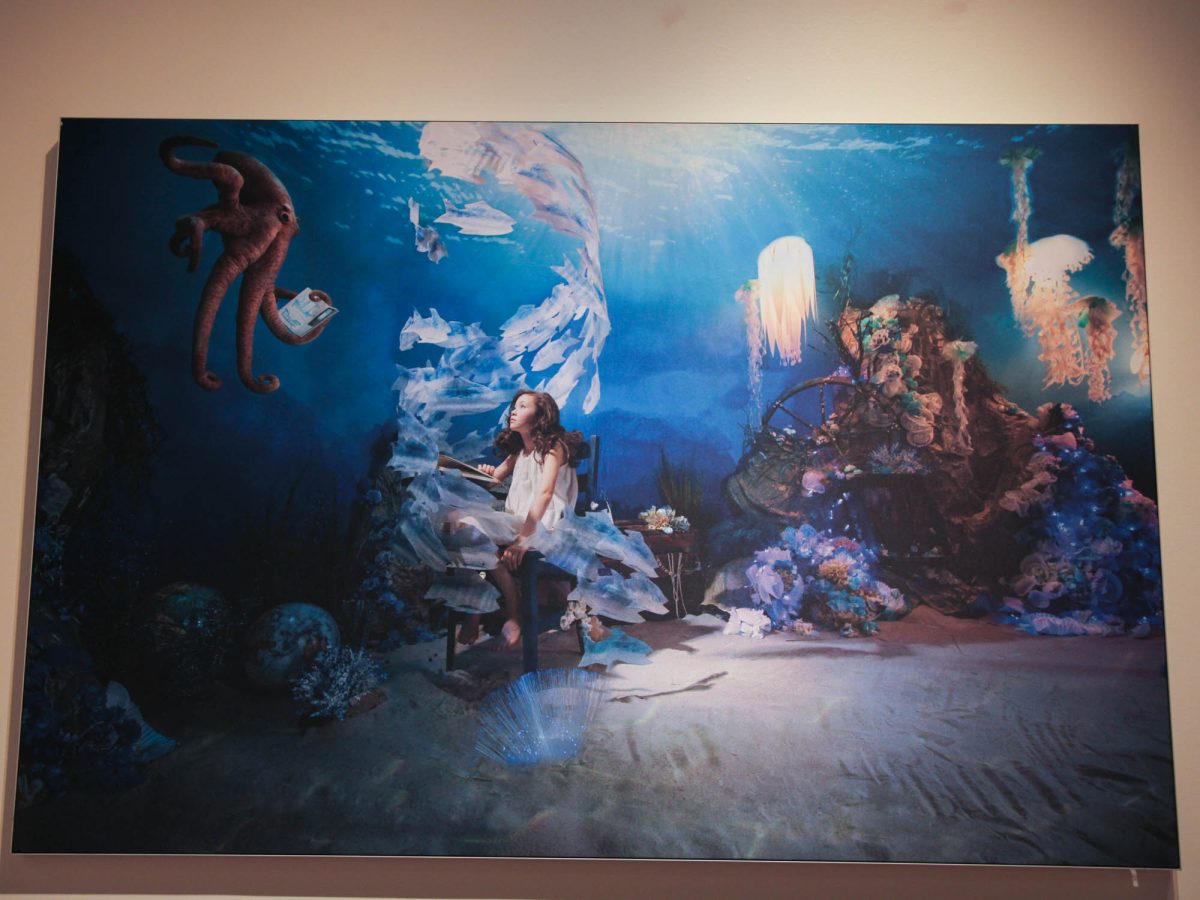Amanda Talbot, life and arts reporter, sat down with Mic Check President Madison Parker to discuss Mic Check and poetry.
THE BATTALION: How is poetry a personal outlet for expression for you?
Parker: I was just going through a lot of life at the end of high school. I moved from Lubbock to Dallas second semester of my junior year of high school. My dad had lost his job — I was battling an eating disorder — just a lot of life was happening all at once. Which is hard to deal with at any age, but especially when you’re 16, 17, maybe 18. You know, you don’t really have the life skills yet to know how to handle those big things. Writing became that for me.
THE BATTALION: When did you first perform your poetry?
Parker: It took me a long time to get on stage — a long time. My best friend, D’ann Wells, who is the one who has always kind of pushed me to do the next big thing, she is the one who forced me to get on stage. She like gave me a deadline — ‘If you don’t read by this point I’m just going to sign you up.’ And I was like, ‘No you’re not, that’s so funny’ — and then she did.
THE BATTALION: What encouraged you to keep pursuing poetry despite being nervous?
Parker: There was — it’s so cheesy to say — but this joy that came from doing it. There’s a time you’ll read a piece that you’re really excited about and then there might be one or two people that’ll approach you afterward and are like, ‘Hey that was a really cool piece, I really liked this line, and this thing spoke to me, and I really resonated with this because this has happened in my life.’ It was a new way to connect with people. I think one of my things I was really frustrated with [in] college was I just wanted to seek relationships. I wanted to hear peoples’ stories and wanted to know what was going on in their lives. So often we build up these barriers out of protection of ourselves that we think we have to. But we don’t have to. I think poetry kind of breaks those barriers down. You’re telling your story on stage, those little parts of you. It created this connection and excitement after performing each time.
THE BATTALION: What were some struggles you faced in college and after college to get where you are today?
Parker: In college I struggled a lot with depression, and I didn’t even realize. But I think I had for a while, but it wasn’t until my junior year that it got so bad that I had to put a name to it. My friend was like, ‘Madi, I think this is depression,’ and I was like, ‘No, no it’s not, I’m fine.’ I ended up seeking help through A&M counseling services, which I was super thankful for.
THE BATTALION: How did starting The Eckleburg Project at A&M help shape you as a person?
Parker: The Eckleburg Project really showed me that I could make my love of writing and the arts into a profession. A lot of times being an English major I would get, ‘Oh, so you want to be a teacher?’ Which is awesome. We need teachers, but that’s not what I wanted to do. So for me to have people always constantly assume that’s my only option was to teach was very discouraging sometimes. It kind of gave me a perspective like it’s possible to pursue the arts in other forms and make a career out of it. And you can love your job, because I always kind of looked at The Eckleburg Project as a job, even though it was a student organization. To me it was a career as well to some extent.
THE BATTALION: Did any specific classes or professors at A&M further your passion for poetry?
Parker: I think not poetry specifically, but the ability to pursue what I love. Larry Heinemann was my creative writing professor. I took him for three semesters. He is a fantastic human being in general. A fantastic, fantastic writer. He can do writing without forcing you to do it. He wants you to discover how to write on your own and give you the tools to shape your own writing process. The other one, Dr. Morey, I had for my senior seminar class my junior year. I talked to her about writing me a rec letter when I was looking into the Ph.D program. She was like, ‘Who are you talking about Ph.D programs with?’ And I was like, ‘No one.’ She was like, ‘Has anyone in your family gone on to get their Ph.Ds?’ And I was like, ‘No.’ She was like, ‘How about this — schedule an appointment with me, and you and I’ll sit down and we’ll talk about what the Ph.D program really looks like, what your expectations are and why you want to go.’ I think I had like three different sessions with her for an hour and a half where we just talked about what I wanted to do and she just said, ‘Talk.’ And that’s not something you see that often and I was very appreciative of that.
THE BATTALION: What do you hope to accomplish as the president of Mic Check?
Parker: One of the things I knew I really wanted to do when I was asked to take over is I knew I wanted to work in the high school in poetry. I love ages 13-18, especially the middle school to early high school age. We had gone into high schools for big sessions before, but nothing ever consistent and our feedback had always been so positive that I was like I want to actually get into high schools and have a poetry program. Youth poetry is very, very strong on a national level and Mic Check puts on Texas Youth Poetry every summer, but we’ve never had a team from College Station-Bryan compete in it. So as of about a month ago, we’ve actually gone into College Station High School and A&M [Consolidated] and every Tuesday we’re going to be doing these poetry workshops with any students who want to stay an hour after school and kind of making it into a poetry club.
THE BATTALION: What work do you do outside of Mic Check?
Parker: During the day I work for Virtualbookworm Publishing as a publicist.
THE BATTALION: What do you to hope to accomplish in the future?
Parker: I’m still kind of figuring that out, which I think is a good thing, almost. For a while I felt like I had to have this one next thing I was aiming toward. But it allows me to sit in the present. I have a couple of things I would like to do. I don’t know if any of them will actually happen, if I’ll completely change my mind in three years. Some of the things I would eventually like to do — I really realize my favorite thing writing does is creating art, but I think my favorite thing about art is art changes lives and provides healing for people. For a lot of time I thought about being a counselor when I was in between majors. I was like, ‘Should I go into psychology?’ Because I think I would I really enjoy that aspect of that. I think I would really like youth writing in the form of art therapy or teaching in high schools or college level in creative writing. I don’t really know for sure what will be next. I also, you know, love literary magazines, so getting to work on another magazine would be awesome. I’m not really quite sure what the future holds. But anything where I get to work with people and work with art, I think, is where I’ll try to head in that direction.
Madison Parker: Poetry as an outlet
October 23, 2014
0
Donate to The Battalion
$1765
$5000
Contributed
Our Goal
Your donation will support the student journalists of Texas A&M University - College Station. Your contribution will allow us to purchase equipment and cover our annual website hosting costs, in addition to paying freelance staffers for their work, travel costs for coverage and more!
More to Discover




